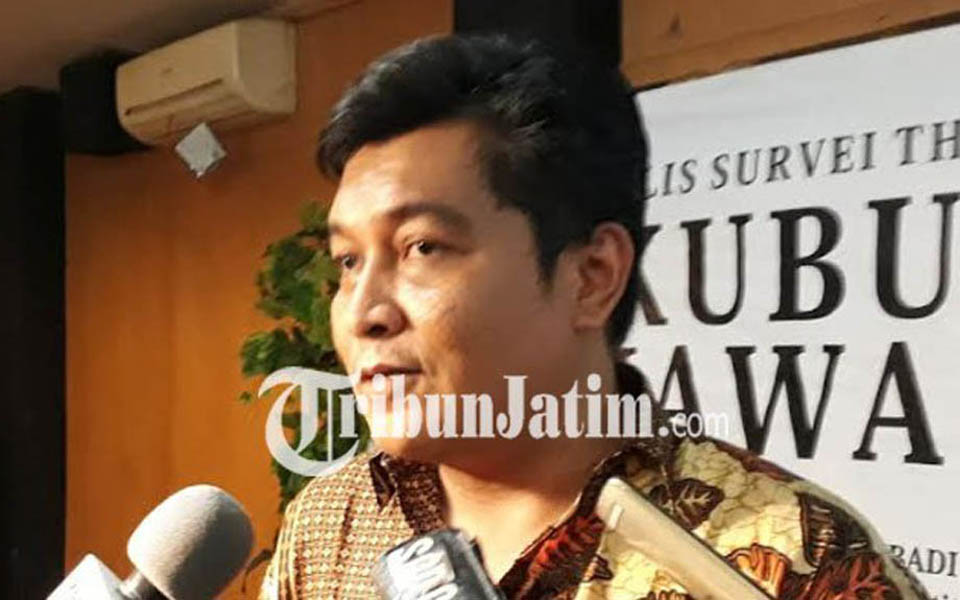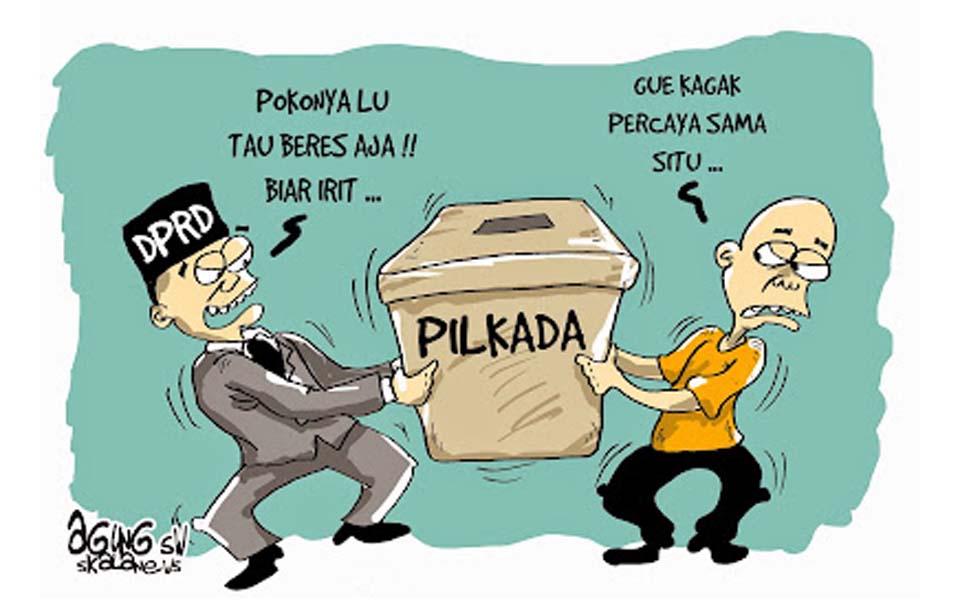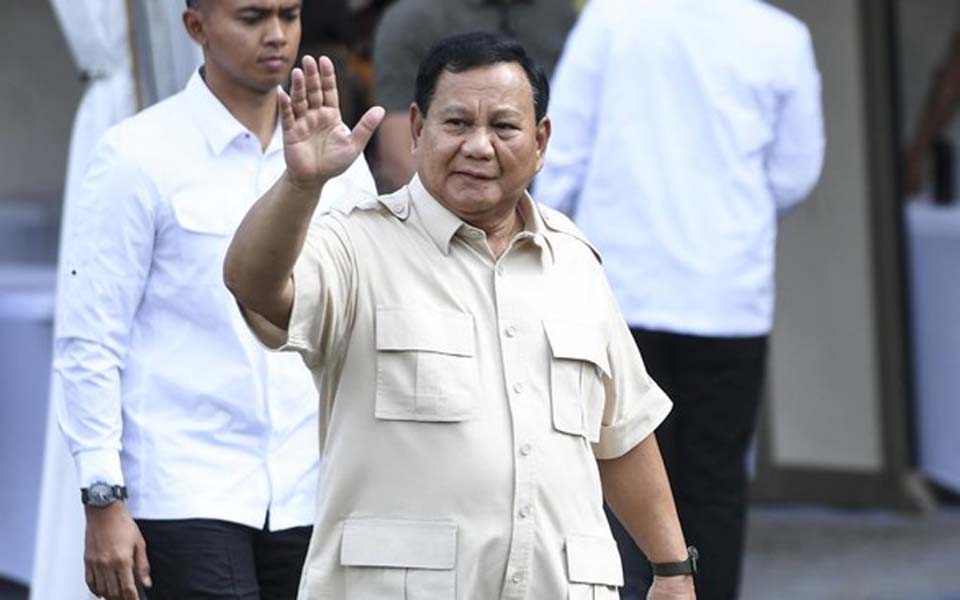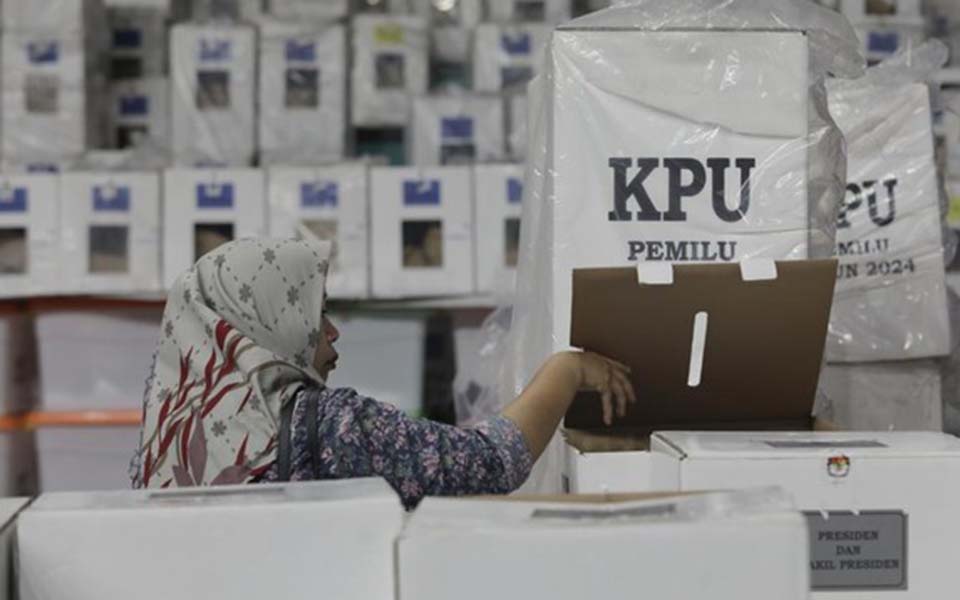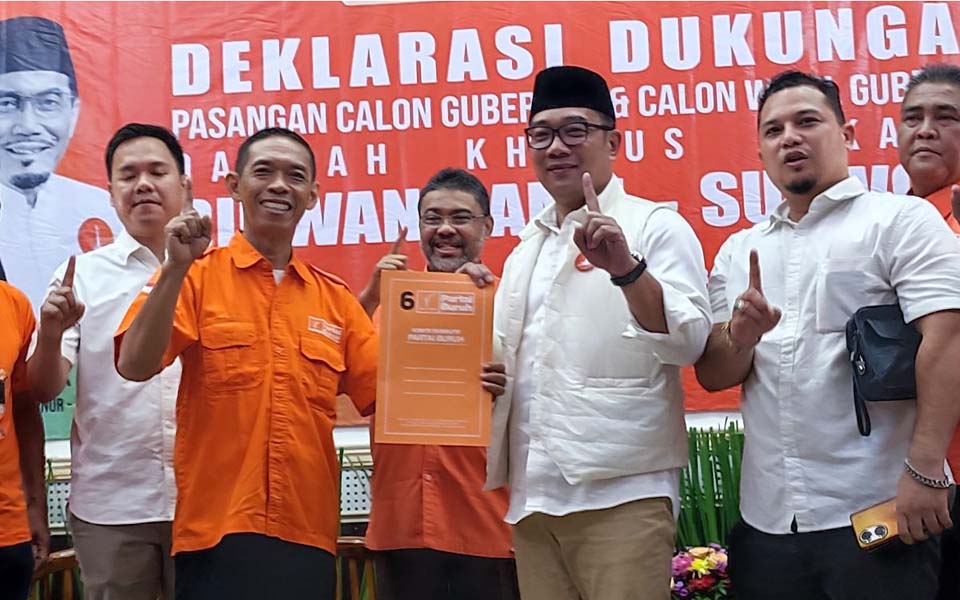Hendra A Setyawan, Jakarta – The discourse on the simplification of political parties such as by increasing the parliamentary threshold (the minimum number of votes required to obtain a seat in the national parliament) is the principle challenge facing new political parties seeking to get into the parliament through the 2014 general elections. The other challenge is how to respond to people’s needs with regard to new political actors and agents that are capable of reforming the current political atmosphere.
Two incentives
When contacted from Jakarta on Saturday April 23, Airlangga University political science lecturer Airlangga Pribadi said that he suspects there are two factors stimulating the emergence of new political parties. First a feeling of embitterment by the parties’ initiators with regard to the political rivalry in Indonesia and second, as a means to amass large numbers of people that can then be used for certain political transactions.
A number of new political parties have emerged recently with one of their goals being to take part in the 2014 general elections. They include the National Republican Party (Partai Nasrep), initiated by among others by the son of former President Suharto, Hutomo “Tommy” Mandala Putra. The party held its first national coordinating meeting in Jakarta on Friday April 22.
The other political party that has emerged is the National Union Party (PPN), which is a merger of 10 political parties that failed to pass the parliamentary threshold in 2009. The 10 parties are the Democratic Party of Reform (Partai Demokrasi Pembaruan, PDP), the Regional United Party (Partai Persatuan Daerah, PPD), the National Sun Party (Partai Matahari Bangsa, PMB), the Patriot Party (Partai Patriot, PP), the Pioneer Party (Partai Pelopor, PP), the Freedom Bull National Party (Partai Nasional Banteng Kemerdekaan, PNBK), the Islamic Prosperity Party (Partai Islam Sejahtera, PIS), the Indonesian Democratic Vanguard Party (Partai Penegak Demokrasi Indonesia, PPDI), the Indonesian Democratic Party of Devotion (Partai Kasih Demokrasi Indonesia, PKDI) and the Indonesian Youth Party (Partai Pemuda Indonesia, PPI).
Spreading hope
In order to be able to compete with the established political parties that exist, according to Pribadi, these new political parties must spread a sense of hope through, among other things, programs and political figures that are capable of attracting the interest of ordinary people.
Pribadi however believes that these new political parties still tend to be elitist. “I have not yet seen a new political party emerge that is capable of responding to people’s needs, particularly in the endeavour to reinvigorate the national political climate”, said Pribadi.
Tommy Legowo from the Forum of Concerned Citizens for Indonesia’s Parliament (Formappi) said that if they are viewed in terms of their founders, the new political parties that are currently emerging will not provide much of an alternative choice for ordinary Indonesians. This is despite the fact that new political parties are urgently needed to challenge the old parties.
Parliamentary threshold
Tommy Legowo also noted that with a parliamentary threshold of 2.5 percent, as was the case in the 2009 general elections, only nine political parties made it into the House of Representatives. If the parliamentary threshold is increased to around 3 percent in the 2014 elections, it is predicted that only seven parties will get into parliament. This situation is of course a challenge in itself for new political parties. (NWO)
Source: Partai Politik Baru Berat – Kompas. Senin, 25 April 2011
[Translated by James Balowski.]





